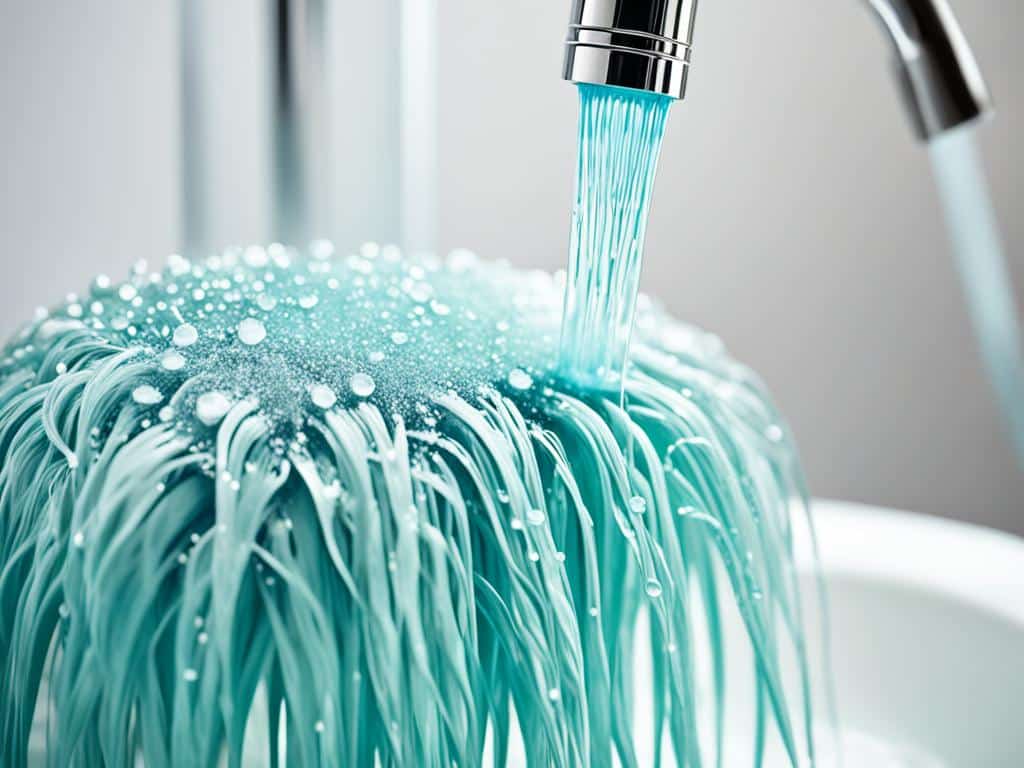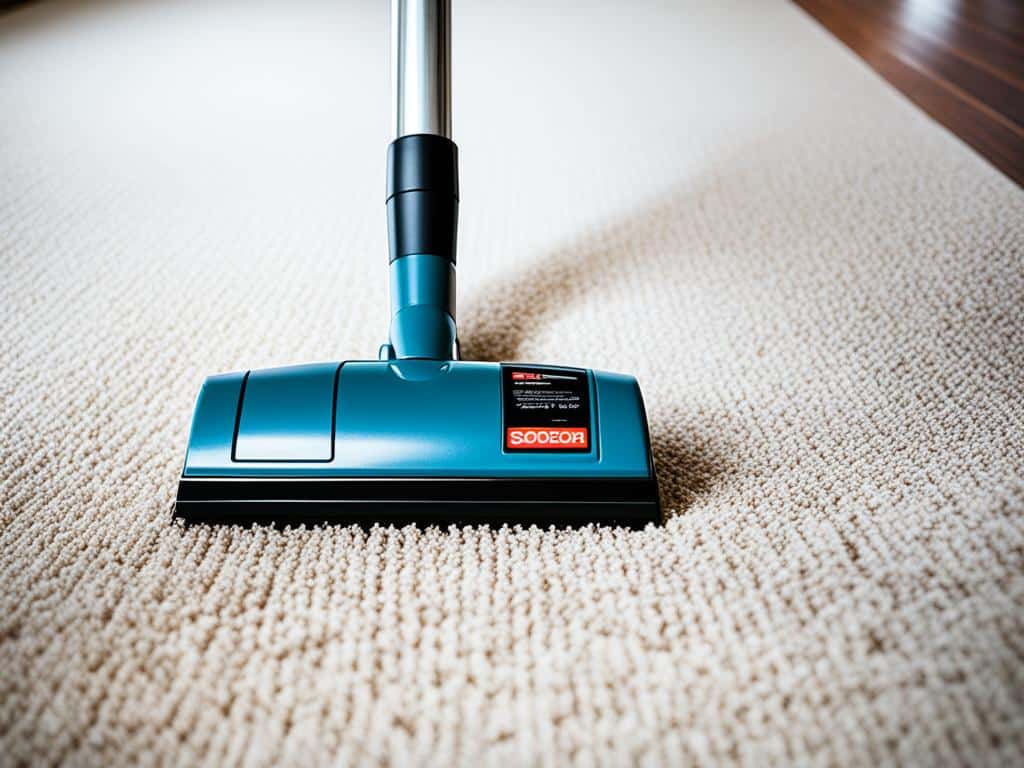
Have you ever wondered if you’re cleaning your human hair wig too often or not enough? Your wig maintenance routine is crucial for keeping it looking natural and lasting longer. Finding the right cleaning frequency can be tricky. Your lifestyle and how often you wear your wig play a big role.
According to the American Academy of Dermatology, you should clean your wig based on how frequently you wear it. Wig manufacturers usually provide general care tips, but these might not suit every wearer. Hair care experts suggest customizing your wig care routine to fit your unique needs and environmental exposure.
Why does cleaning frequency matter? Keeping your wig clean ensures it looks vibrant and feels comfortable. A good cleaning routine removes dirt, oils, and sweat, which can damage hair fibers over time. If you wear your wig daily, you’ll need a different routine than someone who wears it occasionally.
Understanding these nuances can help you perfect your cleaning routine. Stay with us as we dive deeper into effective wig maintenance strategies.
By the end of this guide, you’ll know precisely how often to wash your human hair wig and keep it in top shape.
Understanding Your Human Hair Wig
When it comes to natural hair wigs, appreciating the intricacies of wig construction is vital. Various cap constructions offer different levels of comfort and realism, which you should explore to find the best fit for your needs. Understanding these designs ensures you get the most out of your investment.
The origins of the hair used in wigs also play a significant role. Human hair wigs often come from countries renowned for their quality hair sources like India and Brazil. These wigs provide a natural look that synthetic wigs struggle to match, enhancing your overall experience.
The difference between synthetic and real hair wigs isn’t minimal. Real hair wigs require authentic hair care routines but reward you with a realistic appearance and longer lifespan. Maintaining human hairpiece properly can extend its life and keep it looking fresh.
Choosing quality natural hair wigs and understanding their craftsmanship allows for better upkeep and authentic hair care. From cap construction to the origin of the hair, being informed helps you maintain your human hairpiece efficiently and effectively.
Signs That Your Wig Needs Cleaning
Keeping your wig in pristine condition means being vigilant about its cleanliness. Here are a few signs that it’s time for a wash:
Look for Oil Build-Up
One of the easiest ways of recognizing dirty wigs is by feeling for oil accumulation on wigs. If your wig feels greasy or overly shiny, it’s definitely time for a clean. This oil build-up can easily transfer from your natural scalp oils to the wig, affecting its overall appearance and texture.
Visible Dirt and Grime
Another clear indicator of poor wig hygiene is the presence of visible dirt and grime. If you notice dust, pollution, or other particles on your wig, don’t delay cleaning it. Allowing grime to accumulate can lead to an unkempt look and potential damage to the hair fibers.
Unpleasant Odors
Maintaining a fresh scent on your wig is crucial. If you detect any unpleasant odors, it signifies that your wig needs attention. Frequent wear can result in your wig absorbing various scents from the environment, making regular cleaning essential for proper scent maintenance.
How Different Activities Affect Cleaning Frequency
How you use your wig affects how often you should clean it. Let’s explore the impact of different usage patterns and environmental elements on cleaning frequency.
Daily Use Versus Occasional Use
People with an active lifestyle who wear their wigs daily will notice a build-up of oils and dirt faster than occasional wig wearers. Daily exposure to sweat, products, and pollutants means more frequent cleanings should be part of your wig care routine. On the other hand, if you only wear your wig for special occasions, you can extend the period between washes.
Exposure to Environmental Elements
Environmental damage to wigs can shorten the time between cleanings. Factors like pollution, smoke, and dust contribute to a dirty wig faster. Additionally, elements like the sun and wind affect wig cleanliness and overall health. Practicing protective wig routines, such as using a wig cap or scarf, can minimize environmental damage.

To summarize, consider your lifestyle and environment when determining how often to clean your wig. Whether you have an active lifestyle or you’re one of those occasional wig wearers, protective wig routines can help prolong the need for frequent cleanings.
Step-by-Step Guide to Cleaning Your Wig
Cleaning your wig correctly enhances its longevity and maintains its natural look. Let’s walk through the process in detail.
Gather Your Supplies
Before you start, make sure you have all the necessary wig cleaning materials. You’ll need a wig-specific shampoo and conditioner, a wide-tooth comb, a towel, and a wig stand.
Follow the Right Cleaning Technique
First, fill a basin with cool water and add a small amount of wig shampoo. Gently place your wig in the water and swirl it around for a few minutes. Rinse thoroughly with cool water, ensuring no residue remains. Apply conditioner, avoiding the wig’s roots.
Proper Drying Methods
After rinsing out the conditioner, gently squeeze out excess water. Lay the wig on a towel and pat dry. Avoid wringing to prevent damage. Place the wig on a stand to air dry. Using proper hairpiece drying techniques ensures your wig retains its shape and texture.
| Steps | Materials Needed | Tips |
|---|---|---|
| Gather Supplies | Wig shampoo, conditioner, wide-tooth comb, towel, wig stand | Use products designed for wigs |
| Clean the Wig | Basin, cool water | Don’t rub or wring the wig |
| Dry Properly | Stand, towel | Air dry to maintain wig integrity |
Best Products for Human Hair Wig Care
Choosing the right wig care products is crucial for maintaining your wig. Let’s explore some must-haves for your hairpiece care routine.
Using a sulfate-free shampoo for wigs helps maintain the softness and natural look. Regular shampoos can strip your wig of its natural shine and smoothness. Look for brands that explicitly state they are sulfate-free to avoid any damage.
Deep conditioning is another essential step. Natural hair wig conditioners are specially formulated to give your wig the hydration it needs. They prevent dryness and keep the wig manageable and smooth. Shea Moisture and Cantu offer some fantastic choices that are widely recommended by both wig manufacturers and hair care specialists.
Frequent tangles can be a nightmare, but wig detanglers can make an enormous difference. Spraying a detangler before brushing can prevent breakage and keep the hairpiece looking fresh and tangle-free. Opt for detanglers that are gentle and specifically designed for wigs.
Here’s a quick comparison of some top wig care products:
| Product | Type | Brand | Benefits |
|---|---|---|---|
| Cantu Sulfate-Free Shampoo | Shampoo | Cantu | Mild Cleansing, Hydrating |
| Shea Moisture Deep Conditioner | Conditioner | Shea Moisture | Hydration, Smoothness |
| Detangler for Natural Hair Wigs | Detangler | Mane ‘n Tail | Prevents Tangles, Reduces Breakage |
Remember, investing in quality wig care products will not only maintain the natural look of your wig but also extend its lifespan. Stick to products recommended by top brands and experienced hair care professionals to keep your wig looking fabulous.
Common Mistakes to Avoid When Cleaning Your Wig
Cleaning your human hair wig properly is crucial to maintaining its natural look and extending its lifespan. However, several common errors can easily damage your wig. Let’s dissect these mistakes and steer you towards best practices.
Avoid Overwashing
One frequent mistake is overwashing your wig. Unlike natural hair, wigs don’t benefit from daily washes. Overwashing can strip essential oils, leading to dryness and tangling. Experts recommend washing your wig every 8-14 wears, depending on usage and environment, to avoid wig overwashing.
Using Harsh Chemicals
Using products with harsh chemicals like sulfates can cause significant chemical damage to wigs. Always opt for gentle, sulfate-free shampoos and conditioners. Dermatologists warn that harsh chemicals can weaken the hair strands, causing breakage and a lackluster appearance.
Skipping Conditioning
Conditioning is a vital step in wig care. Skipping this process can leave your wig dry and prone to tangles. Haircare professionals underline the importance of wig conditioning to keep the hair moisturized and manageable. Make sure you use a high-quality conditioner designed for human hair wigs.
Avoid these common pitfalls to ensure your wig stays beautiful and lasts longer. Incorporating these tips into your routine can make a significant difference in maintaining your wig’s natural luster and longevity.



